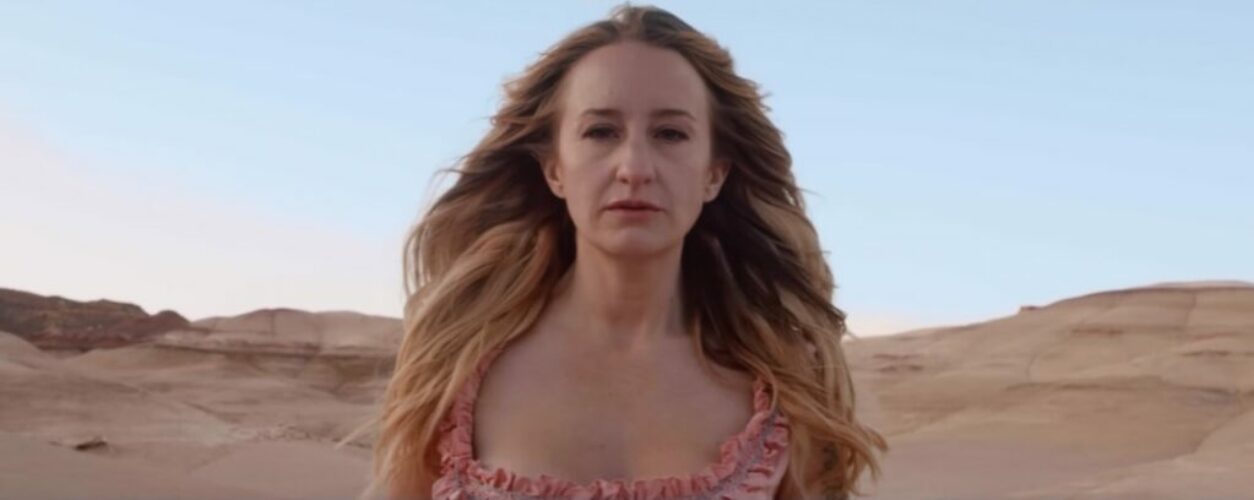“I never set my suitcase down”: Margo Price, country music, and the triumph of struggle

CW: Infant death, reference to eating disorder

Music memoirs face biographies’ usual problem of being tasked with turning the inherently chaotic narrative of a person’s life into a coherent novel-shaped story. Sometimes artists innovate in the space — Bob Dylan’s hilariously titled Chronicles Vol. 1 is notoriously 75% delightful bullshit. More often though, artists will spin an narcissistic mythology about themselves, reveling in the glories and pitfalls of stardom (which more often than not are the same thing).
Alternative country and rock singer-songwriter Margo Price is uniquely situated to dodge the music memoir’s trademark solipsism. Price’s brand of hippie-cum-psychedelic folkie demarcates her from any particular subculture. She comes out of the Nashville country music scene, but she has more in common with singer-songwriters who are external to mainstream country, such as Sturgill Simpson or Brandi Carlile, than Hot Country Songs blights like Florida-Georgia Line or Luke Combs. Price is by no means obscure — her first album landed her on Saturday Night Live, and she’s covered Cardi B’s “WAP” for The Daily Show. But Price’s brand of rollicking ballads about struggling to get by and alcoholic depression evince a working-class solidarity and folkie pride that don’t get much air time in commercial country.
Price’s memoir Maybe We’ll Make It counteracts the narcissism of memoirs by showing just how hard-won her career is. The book tracks her losses, disappointments and tragedies in grueling detail yet with engrossing depth. Price’s childhood in rural Illinois is marked by an eating disorder and her Midwest family losing their farm. In early adulthood, she drops out of college, hits the road, and spends several impoverished years in Nashville hovels. By the time Price’s beloved dog has died and her apartment has been flooded with sewage, it almost seems like maybe part of Maybe We’ll Make It defines it. If one can ding the book for anything, it’s that Price’s listing of her various disappointments becomes almost repetitive. Which isn’t a terrible problem to have: plenty of strong albums have extraneous songs. And Price, who adamantly refrains from utilizing a ghost writer, writes astonishing prose. The book’s prologue reads like classic rural literature: “I watched the bloodred Midwest sun as it set past the crooked tree line at the edge of our property.” The book feels like Price’s songs sound: the tales and reflections of a traveling balladeer who’s seen a little too much and needs to write it all down.
The most heart-rending and upsetting part of Maybe We’ll Make It constitutes Price’s loss of her infant child Ezra, with a gut-punch where a doctor tells her “technically he’s still alive.” It’s a story about the endless process of building one’s life while incessantly falling short of outright success, a rebuke to the standard mythology of making it big at just the right moment. Ethan Hawke has spoken about how obscure country singer Blaze Foley makes strong biopic material because he never got a big break. Price shows that failure is often more instructive than success, resulting in an at times extraordinarily upsetting but profoundly moving piece of autobiography. …
